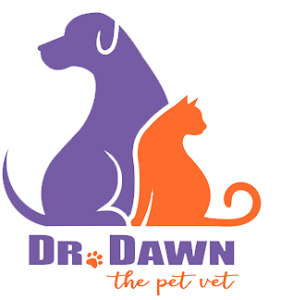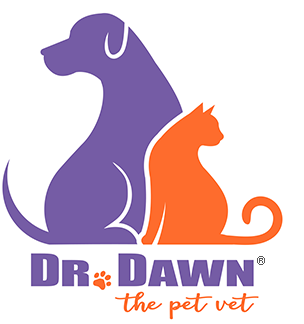Diabetes occurs in dogs and cats. There are similarities and differences between them, and the way the disease presents in humans. It is the similarities in the disease between dogs and people that were recently studied by University of Penn veterinarians. The study was conducted along with researchers from Baylor College of Medicine, and the insights yielded could prove valuable in treating humans as well.
Canine diabetes can be managed with insulin, which is similar to type 1 diabetes in people. But, unlike the human version of the disease, dogs tend to develop diabetes in middle or old age, while people with type 1 diabetes are typically diagnosed as children. Also, type 1 diabetes in humans is known to be an autoimmune condition, while that has not conclusively been found to be the case with dogs.
Tissue from both diabetics and non-diabetics was evaluated. The study used robotic microscopes to scan larger cross sections of the pancreases, enabling them to locate and measure islets (areas of the organ that make insulin), more quickly. They then zoomed in to differentiate the beta cells (the specific cells that make insulin) from other cells in the islets.
What they found was that large numbers of beta cells are lost in diabetic dogs. They also found that non-diabetic dogs have a higher percent of beta cells than non-diabetic people. So it may indicate that it takes longer for dogs to lose enough of these cells to develop the disease, and thus do so later in life.
Also important is that diabetic dogs may be a better model for studying the disease in people. Rodents were more often used to study the disease, but dogs may be preferred for future studies, with both species benefitting from the findings. Further research is looking to find a genetic marker to identify an increased risk of developing the disease. By identifying pre-clinical patients, the hope is that breeding recommendation can then be made to ultimately decrease the incidence and prevalence of the disease in dogs.
Dr. Dawn
Please share and subscribe here






